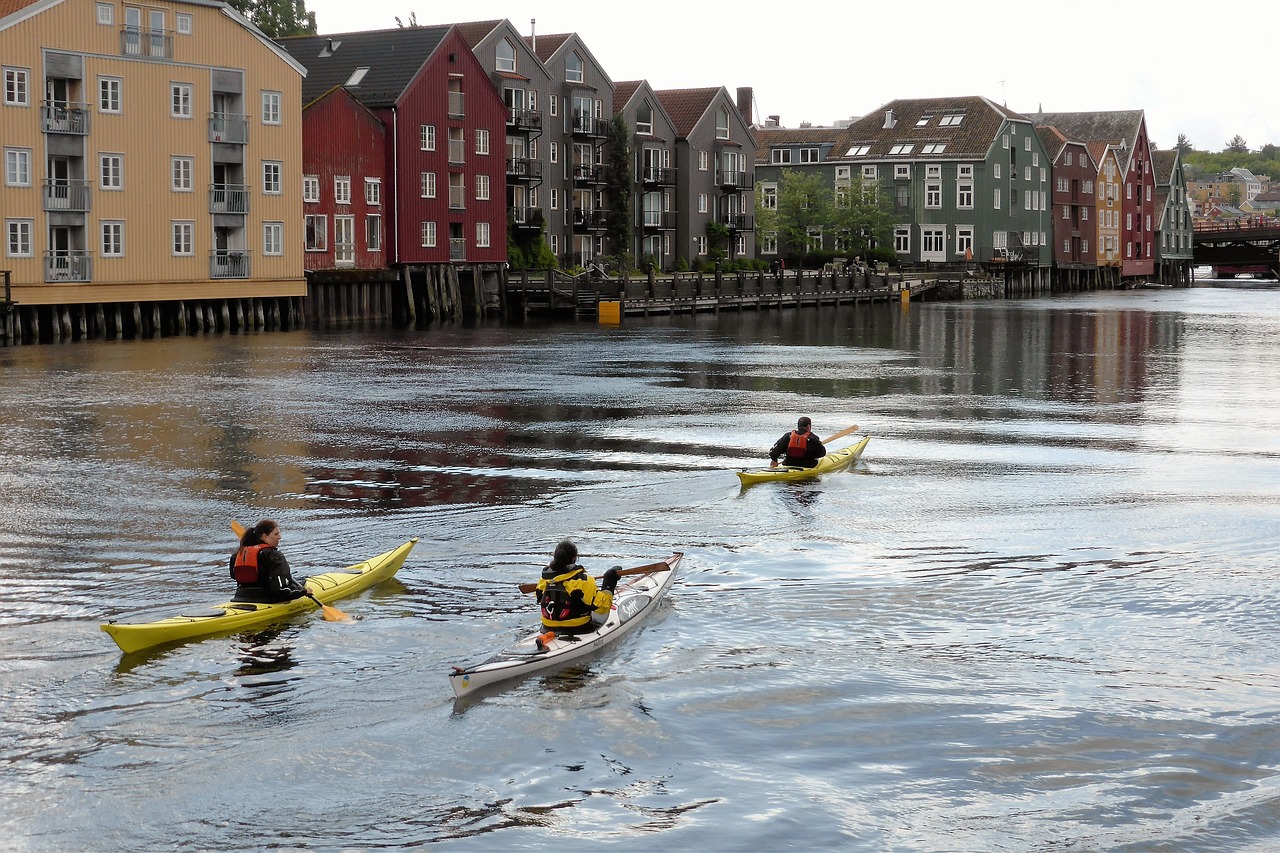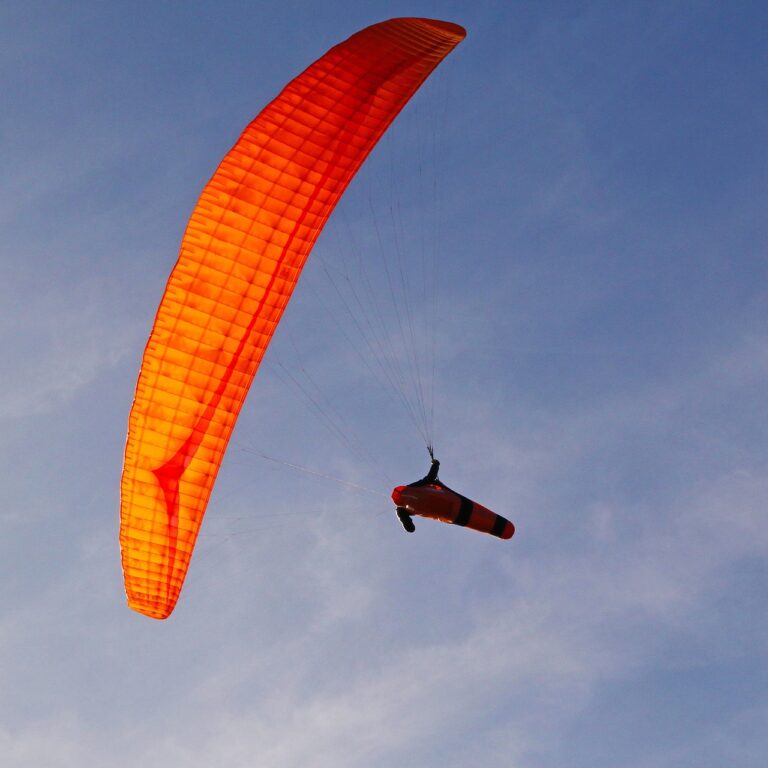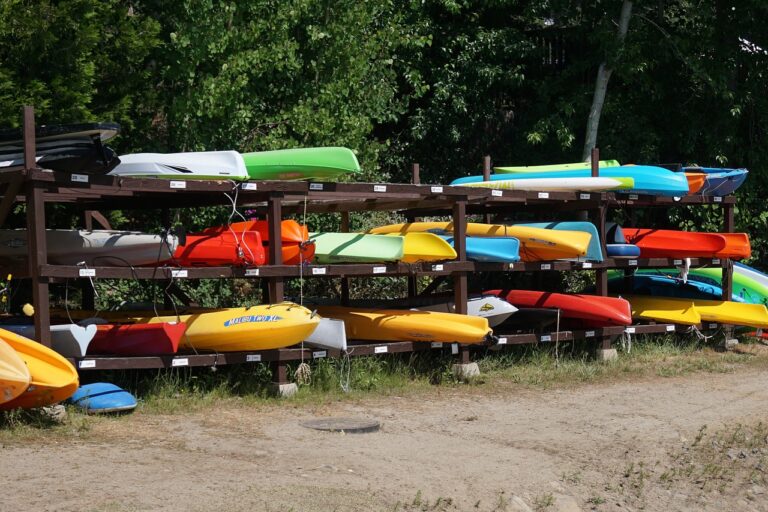Designing Flexible Stadium Spaces for Non-Sporting Events: Betbook250, 11xplay.pro/login, Yolo247 login
betbook250, 11xplay.pro/login, yolo247 login: Designing Flexible Stadium Spaces for Non-Sporting Events
Stadiums are not just for sporting events anymore. In recent years, these iconic venues have become popular settings for concerts, festivals, conferences, and other non-traditional events. To accommodate these diverse events, stadium designers are now focusing on creating flexible spaces that can easily adapt to different needs.
Here are some key considerations for designing flexible stadium spaces for non-sporting events:
1. Modular Seating Arrangements
One of the most important aspects of designing a flexible stadium space is the seating arrangement. To accommodate different types of events, designers are now incorporating modular seating systems that can be easily reconfigured or removed altogether. This allows for greater flexibility in accommodating different crowd sizes and layouts.
2. Multi-Functional Event Spaces
In addition to traditional seating areas, stadiums are now incorporating multi-functional event spaces that can be used for a variety of purposes. These spaces may include VIP lounges, hospitality suites, exhibition halls, and even outdoor terraces. By creating these versatile spaces, stadiums can attract a wider range of events and visitors.
3. State-of-the-Art Technology
To enhance the experience for both event organizers and attendees, stadiums are now incorporating state-of-the-art technology into their design. This may include high-definition video screens, advanced sound systems, and even virtual reality experiences. By incorporating cutting-edge technology, stadiums can create immersive and memorable experiences for all types of events.
4. Sustainable Design Practices
Many stadiums are now incorporating sustainable design practices into their construction and operations. This may include using eco-friendly materials, incorporating energy-efficient lighting and HVAC systems, and implementing waste reduction and recycling programs. By adopting sustainable practices, stadiums can reduce their environmental impact and appeal to eco-conscious event organizers and attendees.
5. Accessibility for All
Another key consideration in designing flexible stadium spaces is ensuring accessibility for all patrons. This may include providing designated seating areas for individuals with disabilities, installing ramps and elevators for easier access, and incorporating gender-neutral restrooms. By prioritizing accessibility, stadiums can create welcoming and inclusive spaces for all event attendees.
6. Flexibility in Infrastructure
Lastly, designing flexible stadium spaces for non-sporting events also requires flexibility in infrastructure. This may include incorporating easily accessible power outlets, internet connectivity, and other utilities to accommodate a wide range of event requirements. By providing these essential utilities, stadiums can attract a greater variety of events and ensure a seamless experience for event organizers.
In conclusion, designing flexible stadium spaces for non-sporting events requires careful consideration of seating arrangements, event spaces, technology, sustainability, accessibility, and infrastructure. By incorporating these key elements, stadiums can attract a wider range of events and provide a memorable experience for all attendees.
FAQs
1. Can stadiums host events other than sports games?
Yes, stadiums are increasingly being used for concerts, festivals, conferences, trade shows, and other non-sporting events.
2. How can stadiums accommodate different types of events?
Stadiums can incorporate flexible seating arrangements, multi-functional event spaces, state-of-the-art technology, sustainable design practices, accessibility features, and infrastructure flexibility.
3. What are some examples of non-sporting events held at stadiums?
Non-sporting events held at stadiums may include music concerts, food festivals, car shows, corporate conferences, and cultural celebrations.
4. How can event organizers book a stadium for a non-sporting event?
Event organizers can typically contact the stadium management or visit the stadium’s website for information on booking non-sporting events.
5. What are the benefits of hosting a non-sporting event at a stadium?
Hosting a non-sporting event at a stadium can provide a unique and iconic venue, state-of-the-art facilities, ample seating capacity, and a memorable experience for attendees.







